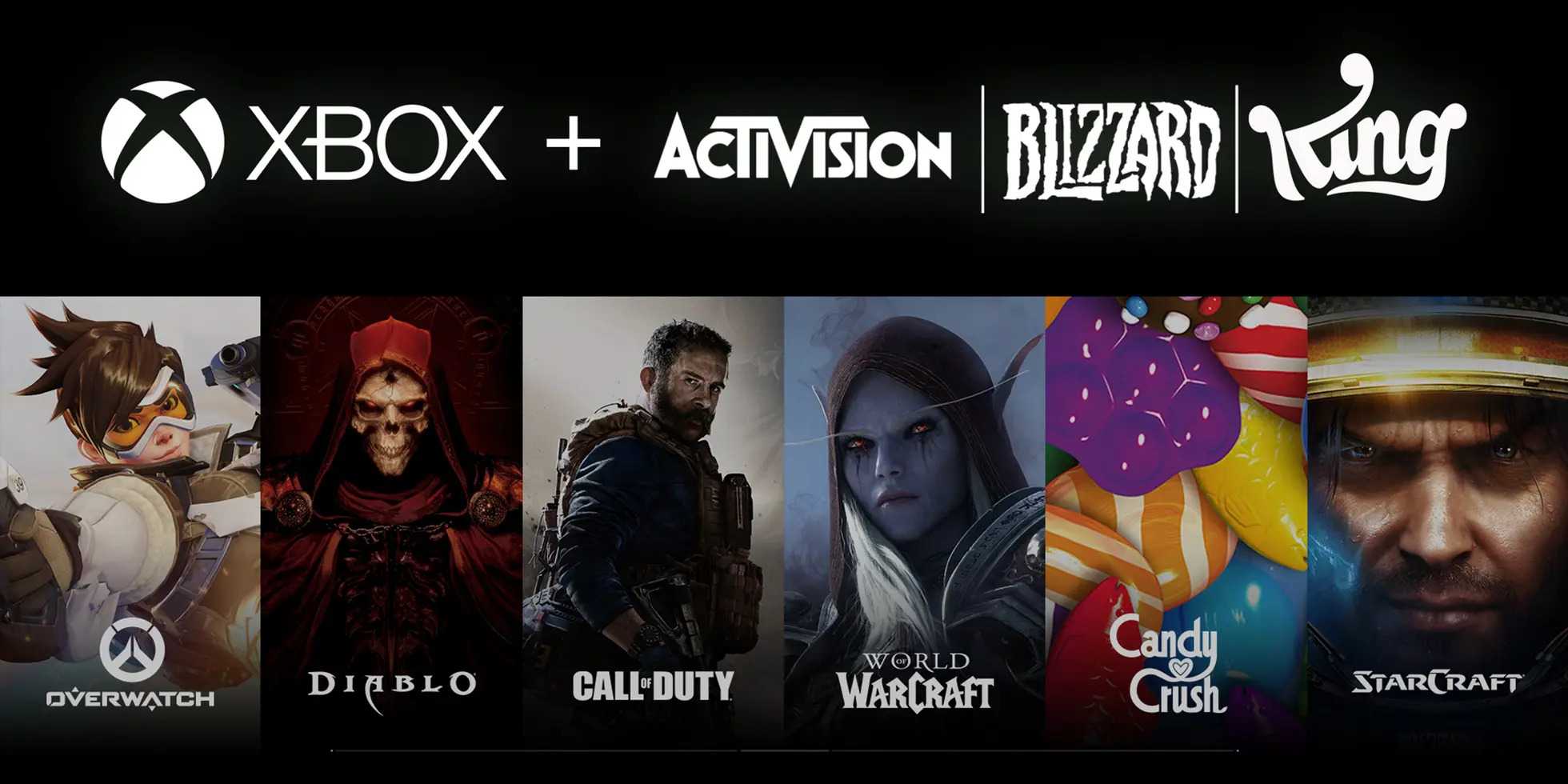Interpret has highlighted the surging mobile market before, as Activision Blizzard has made it clear that it sees mobile as its “biggest opportunity” in gaming, and Electronic Arts continues to invest in mobile as well. One of the interesting tidbits to come out of the Apple v. Epic Games trial, however, is just how sizable the mobile game business is for the former. The App Store sees fully 62% of all app revenue come from games, underscoring not only that games continue to be dominant among apps, but they’re increasingly lucrative.
Epic’s Fortnite generated $745 million alone on iOS between March 2018 and July 2020, accounting for over 13% of its $5.6 billion haul. Numerous mobile titles have passed the $1 billion player spending milestone, including Call of Duty: Mobile, PUBG Mobile, Free Fire, Pokemon Go, Honor of Kings, Clash of Clans, and others. It’s no surprise, therefore, that Epic-owned Pysonix is launching a mobile version of Rocket League later this year. With billions of smartphone owners across the globe, the addressable audience is too great to pass up.
Data on the impact of game purchases from Google Play has not been made publicly available, but findings from Interpret’s New Media Measure® suggests iPhone and Android users are quite similar in their mobile purchase habits. Among mobile game spenders, mobile gamers on iPhone spend an average of $21 monthly on games, compared with mobile game spenders on Android who are just a tad higher at $22 monthly. That said, when it comes to the expenditure from so-called “whales,” Apple has a slight advantage, as almost a quarter of people spending on mobile games on iPhone spend $100 or more per month, just ahead of 22% who do so on Android phones.
It’s worth remembering, however, that the vast majority of games on both the App Store and Google Play are free-to-play, and the average smartphone owner isn’t going to pay a cent. Interpret data shows that 82% of Android owners and 81% of iPhone owners in the US spend nothing on their mobile game experiences. For publishers, that’s why user retention of players who do spend, and a smart advertising strategy, are critical to success in a sea of apps.







